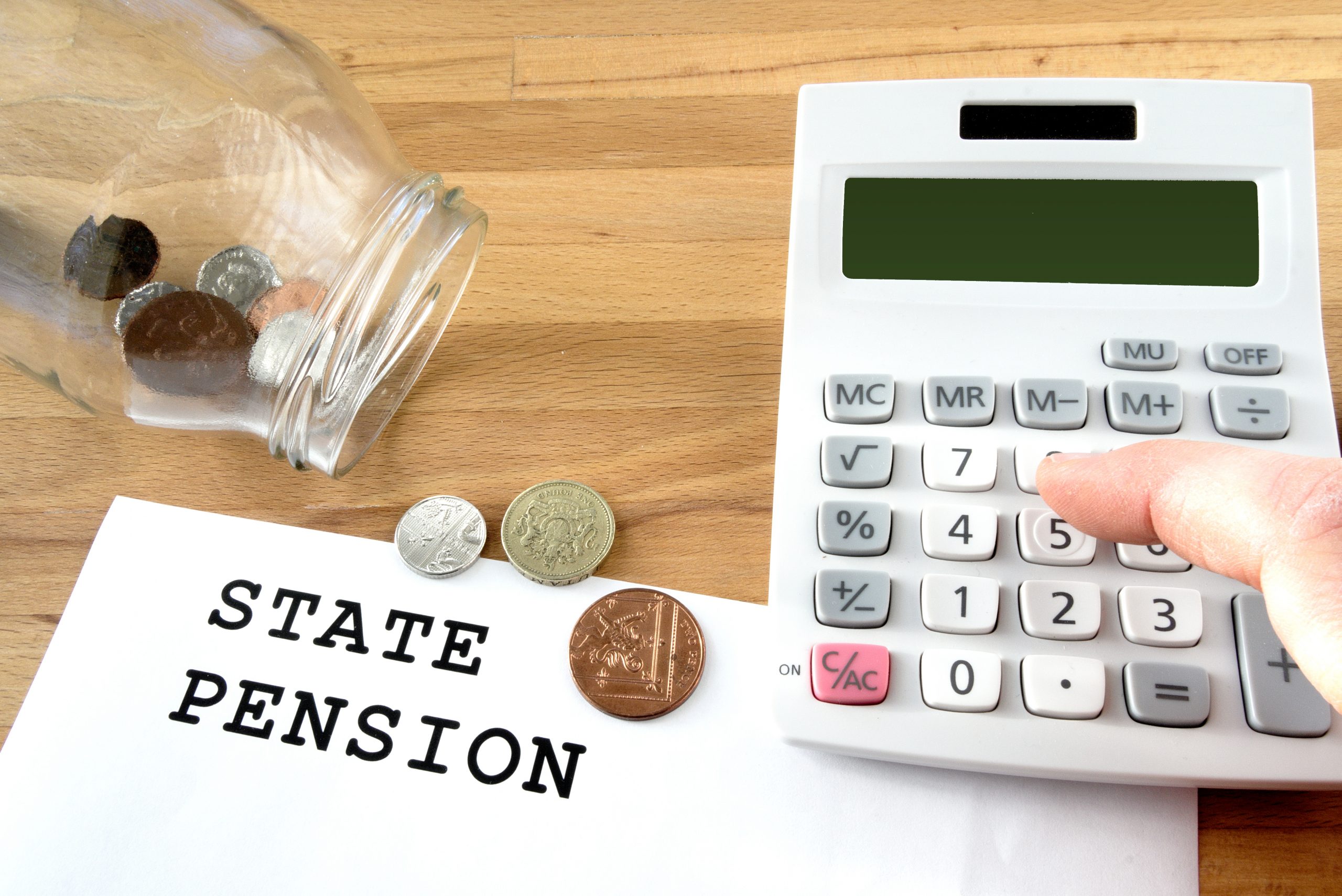News
State Pension will rise by 3.1% from April 2022

The latest data shows UK CPI inflation grew by 3.1% in September 2021, down from 3.2% in August.
The reported change in inflation for September will result in a number of state benefits being uprated annually in line with this figure.
A pensioner who receives the full new state pension can expect a rise from £179.60 a week to £185.15 a week – from £9,339 to £9,628 a year – from April 2022.
The rise could potentially have been higher at more than 8%, had the government not decided to scrap the triple lock guarantee for one year. The triple lock is a measure that guarantees rises in the state pension by inflation, 2.5% or wage increases, whichever is highest, every year.
However, this year, because wage increases were artificially distorted due to the pandemic, the wage link part of the triple lock was scrapped. The government says it will be reinstated after one year.
Becky O’Connor, head of pensions and savings at Interactive Investor, said: “Despite today’s inflation figures indicating a coming rise in pensioner incomes, times still feel perilous as living costs continue to increase in unpredictable ways.
“While those receiving a state pension can take comfort from it heading up in line with inflation from next April, with energy prices rising by the minute and the cost of food and other consumer goods continuing to increase, older people will not feel out of the words yet.
“Pensioners are potentially more exposed than most to rising inflation because their income is limited and a higher proportion of their spending goes on essentials, like energy.”
The Consumer Prices Index including owner occupiers’ housing costs (CPIH) rose by 2.9% in the 12 months to September 2021, down from 3% in the 12 months to August.
On a monthly basis, CPIH rose by 0.3% in September 2021, compared with a rise of 0.4% in the same month a year ago. Price rises in clothing and footwear, housing and household services, recreation and culture, and furniture and household goods contributed to the monthly rate, with a partially offsetting downward contribution from transport.
Laith Khalaf, head of investment analysis at AJ Bell, said: “Inflation dropped back slightly in September, largely because the effects of last year’s Eat Out to Help Out scheme fell out of the annual calculation.
“The latest numbers don’t include the petrol pump crisis or the most recent surge in energy prices, or indeed the knock-on effects across the economy, so inflation will still get worse before it gets better. Inflation is also being broadly felt, seeing as the biggest drivers are housing and transport costs, which are unavoidable for almost everyone in the country.”